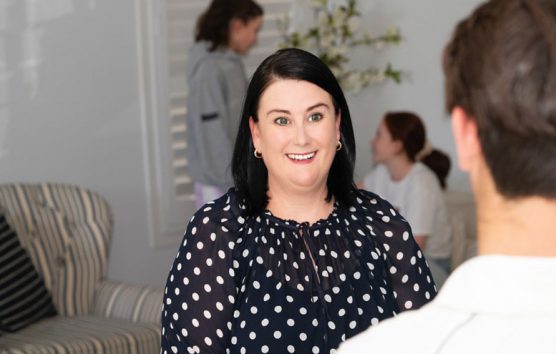Building a Flexible Work Environment Beyond COVID-19
Flexible work arrangements are now more than just a trend or a method to cut operational costs. Today, they are a necessity. The COVID-19 pandemic has disrupted how we live and do businesses, forcing us to reconsider our work arrangements. To remain competitive and keep employees safe, companies need to keep up with the changing landscape and make the most of these unusual circumstances.
What Are Flexible Work Arrangements
Flexible work arrangements are programs where employees are handed more freedom in how they fulfil the obligations of their positions as long as they put in the total number of hours required by the company.
Some types of these programs are:
- Telecommuting/Flexplace – Employees don’t travel to a central place of work. They work remotely.
- Job-sharing – Two employees voluntarily share the duties, responsibilities, and salary of one full-time position.
- Compressed work weeks – The standard five-day workweek is reduced to a fewer number of days.
- Flextime – This program allows workers to alter workday start and finish times.
Benefits of Flexible Work Programs
A flexible work arrangement offers considerable benefits to the employee and company. It can boost your employee’s productivity and allows companies to attract and retain top talent easily. It’s also a valuable tool for promoting workplace diversity, inclusion, and equality.
Here are a few researched benefits of flexible working programs: They
- Support parents in balancing their family obligations and their work duties.
- Narrow the gender pay gap.
- Help people living with fluctuating health conditions to remain employed.
- Support carers to balance their caring and work responsibilities.
“Adopting more flexible work arrangements just makes good business sense. Arrangements that create mutual value for employees and employers can only bring positive outcomes for customers and stakeholders”. Cara Benoit – Head of Culture & People – yourtown
How COVID-19 has Transformed Working Arrangements
Before the pandemic arrived, many companies frowned upon the idea of flexible working, especially telecommuting. Some that adopted the programs later dropped them. Managers said it caused employees to slack off on the job and it lowered their productivity. Now COVID-19 has forced companies to review their work practices to adhere to social distancing directives, remain competitive, and keep their workforce safe.
Many organisations have discovered that productivity remains unchanged and using online video meetings can keep the team focused and on track to achieving their necessary objectives. COVID-19 has also seen changes in interstate travel for many companies. Many have reported that once state travel restriction have been lifted, they will still rethink the need to travel as video conferencing has become the norm.
In many instances, what was deemed a necessary part of doing business – interstate travel, large conferences, and having employees gather in one central work location – has transformed into working from home, flextime and online video networking and conferencing.
How to Create a Flexible Work Arrangement
Creating a flexible culture that is beneficial to the company and employees isn’t always easy, and pain points are sure to come along the way, but the experience gained can help you realise what works and what doesn’t. As COVID-19 lockdowns ease and businesses start resuming operations, you need to know how to go back to the formal office safely and how to introduce a flexible work arrangement that actually works.
Use the tips below:
- Research how establishing a flexible work program can benefit or disadvantage your company. Check out other organisations in your industry that are successfully implementing flexible working.
- Create a flexible work arrangement policy that is compatible with your business objectives, promotes a culture of fairness and inclusivity, and is in line with the current COVID-19 government directives.
- Train your employees and managers on the new program and ensure they are comfortable using it
- Set up a communication channel where everyone can freely share tips and ideas that can help people become better workers.
- Evaluate your program regularly to ensure it aligns with your business goals, and it promotes fairness. If there are flaws, review the arrangements, and make adjustments.
Closing Thoughts
Today, companies are seriously considering flexible working arrangements as they ponder how to resume operations safely post COVID-19. The pandemic has just highlighted the fact that we need to consider flexibility, diversity and access – employers supporting employees to get the job done whether from home, from the office in a staggered manner, or from the office while practising social distancing.
If you would love to hire employees who have immense experience working in flexible workplaces or learn how to get the best out of your flexible work arrangement, you can always reach out to professional recruitment consultants like Majer. Using the services of our recruitment company can help you formalise your flexible workplace program and learn about best practice in your chosen industry. Trust the professionals to help you get it right!




